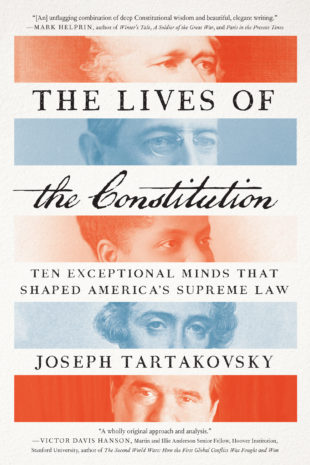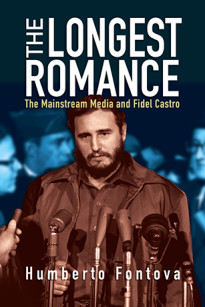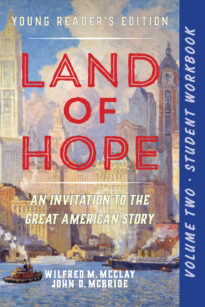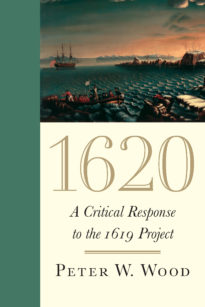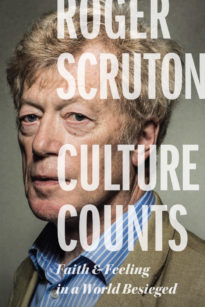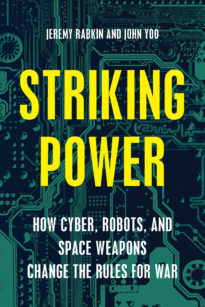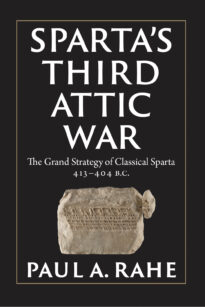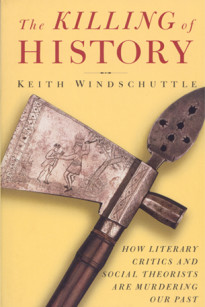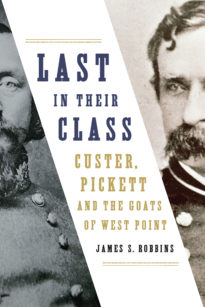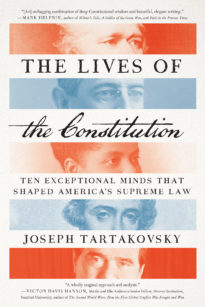The hardcover release of this book in 2018 gave me the extraordinary privilege of traveling to speak with Americans throughout the country, in communities large and small, rural and urban, red and blue. I learned two things. First, our fellow citizens care deeply about their United States Constitution and regularly reflect on how it bears on their daily life. On a radio show I appeared on one night, a sweet elderly woman, her quavering drawl suggesting origins in the small town South, phoned in to ask me why the First Amendment protected the right of her rude neighbor to call her, as she delicately put it, a “b.” She evidently sought a constitutional ground on which to rebuke her offensive co-citizen. I found this touching.
Second, Americans are bombarded by manufactured fear and alarmism. Negativity, scandal, and calculated temperature-raising bring campaign contributions and Nielsen ratings. They also sell books. One evening I spoke in my hometown of San Francisco at a venue with two differently sized rooms: an 80-person room and a 250-person room. I had the smaller room. The big one went to a writer who gets his weekly envelope from asserting that President Trump is literally a Russian operative and that our country is irredeemably lost. “It is much easier to alarm people than to inform them,” said William Davie, a Founding Father, to the conspiracy mongers of the 1780s. That may be so, Mr. Davie, but it’s the alarm that gets you on the bestseller list.
The work of calm vigilance is far harder. It requires patriots actually devoted to the preservation of our Constitution to look elsewhere for truth. I show in this book that our 230 years of life under the Constitution is a vast encyclopedia of lessons in how to overcome constitutional crisis. The precedents we need are all at hand: from surviving elections that tear us in half, to subduing foreign enemies and would-be domestic tyrants, to resolving fights over immigration, free speech, and the scope of federal power. History is not what happened; it is what we bother to remember.
I believe that we remember best when we see the past through the eyes of those who lived through it. That is why my account of the Constitution, unlike most, is not the story of court cases. It is the odyssey of our American civilization under the Constitution through the method of biography. I tell this story by choosing ten figures, all of whom have in common an eloquent and adventurous life that teaches us something imperishable about how to overcome our national challenges.
Their lives span the entirety of our constitutional existence, from the chaotic 1780s before the Constitution was written, through the Civil War and Progressive eras, to today. It had to be this way. The Constitution looks different to a Scottish-born founder in 1790s Philadelphia, like James Wilson, than it does to a female ex-slave in 1880s Tennessee, like Ida Wells-Barnett, and more different still to FDR’s attorney general as Europe sank into fascism, Robert H. Jackson. (That said, please don’t think you’re paying $20 for a measly ten figures. This book features dozens of cameos: Thomas Jefferson, John C. Calhoun, Susan B. Anthony, Louis Brandeis, Huey Long, and more.)
I find that the figures who served us best were those who promoted hope over pessimism and principle over self-interest. They thought nationally and humanely. They spread reason, coolness, generosity, honesty, compromise, and humor. They rejected deceit, emotionalism, small-mindedness, extremism, and panic. Abraham Lincoln (another cameo) had every reason, like millions of his countrymen, to be bitter and punitive toward a rebellious South. But as the troops limped home in March 1865, he asked for charity for all and malice toward none. Misery flows from forgetting that lesson.
When asked to identify the three branches of government, many name the “Republican” and “Democratic” branches. That’s not a bad way to think of it. Partisanship, for better or worse, has always been the steam to our institutional locomotive. But we survive its strains because of the narrowness of our political spectrum. American politics consists essentially of a stable center right and a stable center left. As Alexis de Tocqueville saw, in trying to establish France’s Second Republic, a center cannot hold when pulled apart by factions, like reactionary monarchists or radical socialists, who share not an inch of common ground, and who would rather torch the whole edifice than see their enemies in office.
This is why partisanship becomes a poison when it goes too far— when one American party, in ordinary times, convinces itself that the other is a threat to national existence. I assure you that a one-party state is not preferable. My travels around the country proved to me that we must reject the myth that antipatriotic Democrats want to “shred” the Constitution or the fiction that ultrapatriotic Republicans love the Constitution merely as a tool to “turn back the clock.”
To the contrary, as the men and women in this book show, the supreme task is loyally to apply the Constitution to the predicaments of the present. This requires fidelity to the Constitution’s text but also something more—something that cannot be spelled out in a legal charter: courage, good faith, and a sense of a common destiny. In the end, the Constitution has been maintained by We the People for nine generations because a spirit of constitutionalism runs through our soul. It lives in our hearts as much as it does on paper. This may sound mystical, but it’s a fact. Take our Constitution and try to superimpose it on Kuwait or Kyrgyzstan and you won’t get American results.
So for a year now I have spread this volume’s message of keeping the faith and of insistence that the best antidote to hysteria is a good dose of history. The Constitution has given us so much in prosperity, freedom, and order that losing faith in the document is an act of ingratitude. “Miracles do not cluster,” Daniel Webster said of the creation of our government. “That which has happened but once in six thousand years, cannot be expected to happen often.” Americans in era after era have determined that this greatest of all experiments in government will not fail on their watch. This book was written to remind us, in these notably turbulent times, of why we are worthy of this precious inheritance. Your choice to pick up this book, if I may say so, is a small but real contribution to that task.
